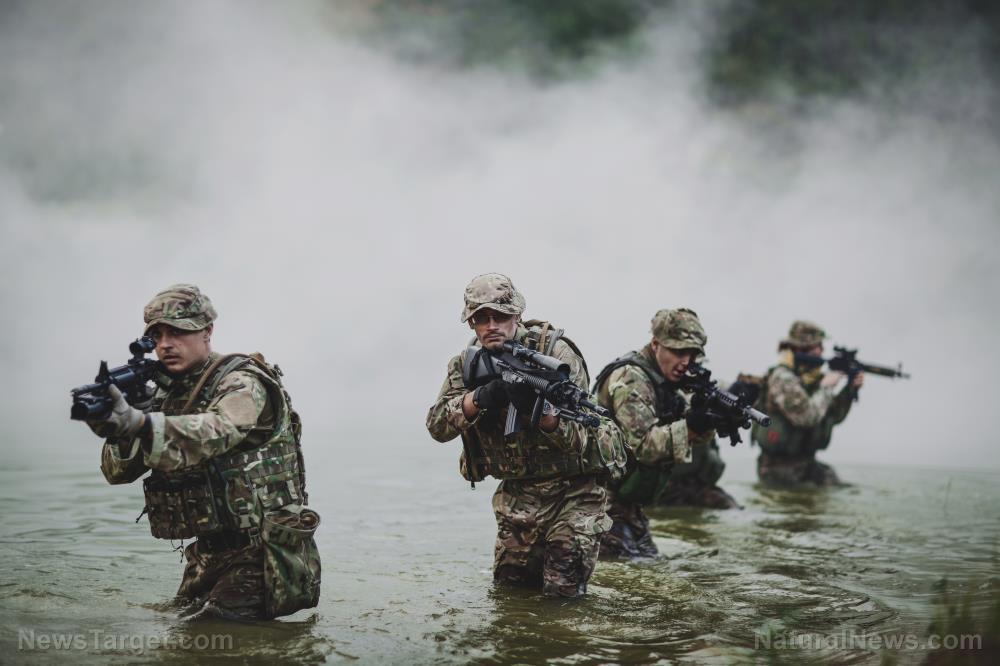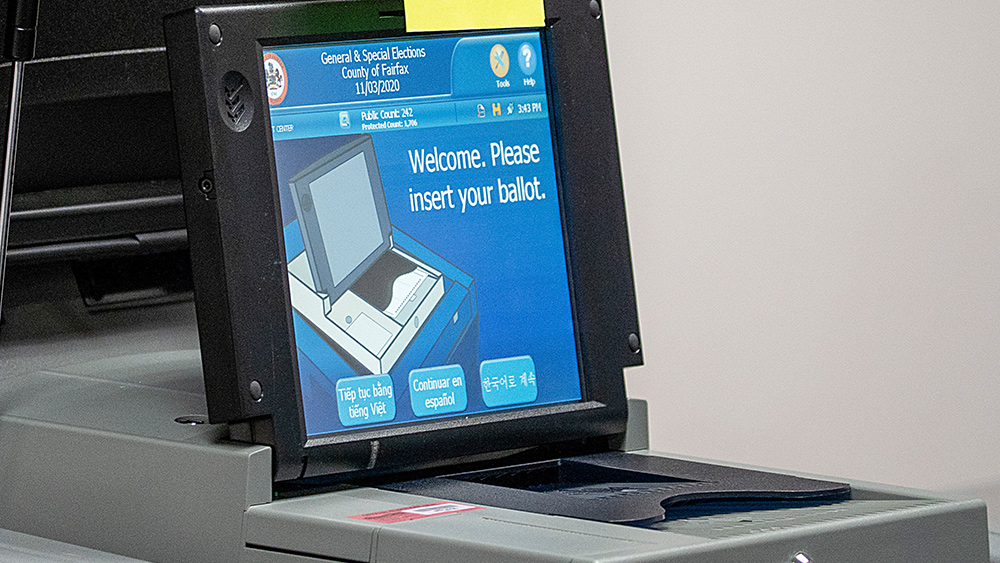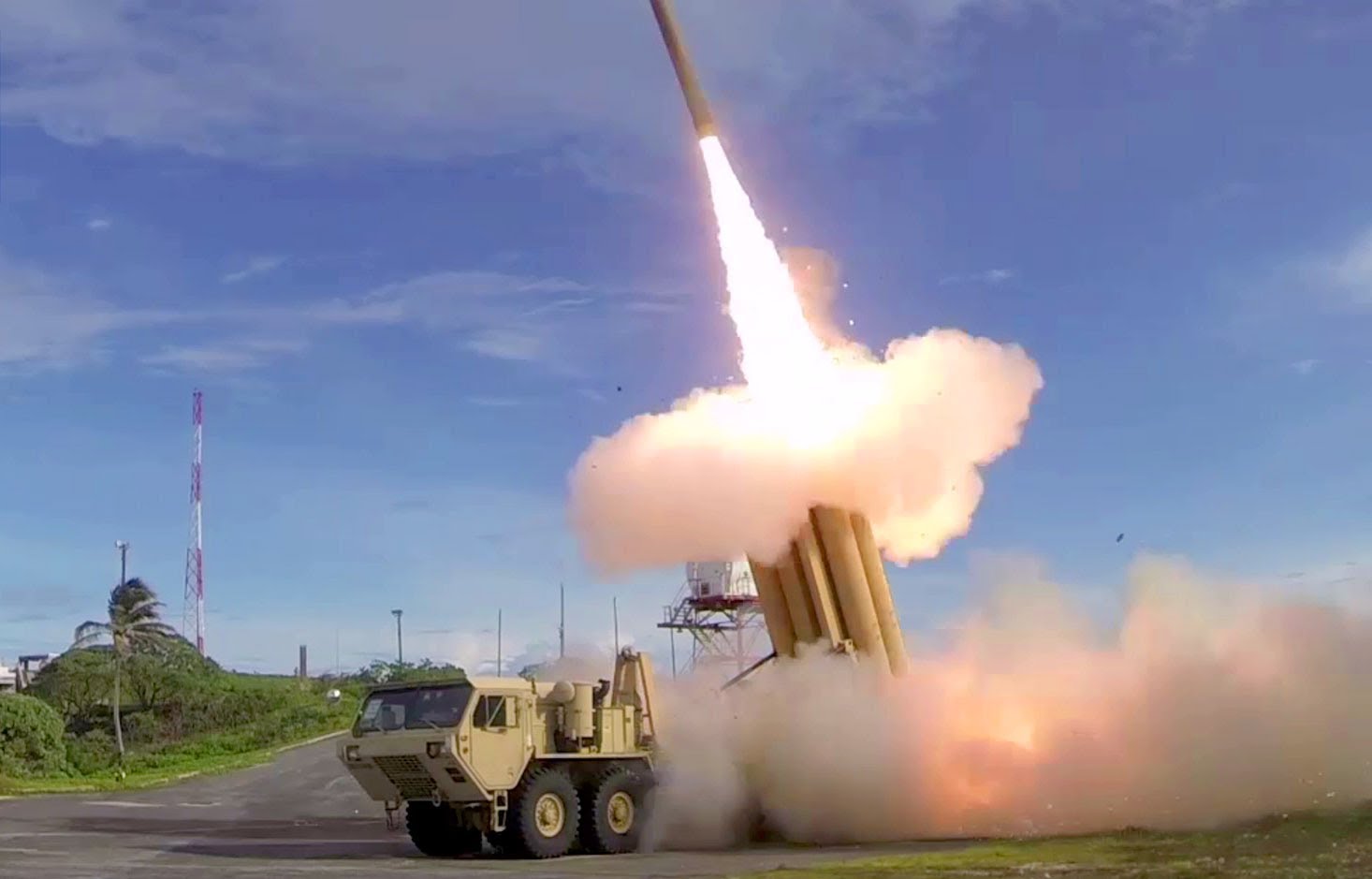US Navy to deploy 150 AI-powered “ghost ships” by 2045
08/04/2022 / By Kevin Hughes

The U.S. Navy plans to use 150 artificial intelligence-powered “ghost ships” across international waters by 2045, which means one in three of its warships will be an unmanned robotic combat ship.
These artificial intelligence-powered vessels will be smaller and inexpensive to manage because they do not need life-support systems and can be controlled remotely.
The technology can also solve the military’s recruitment problem, with the Navy only at 89 percent of its goal for the fiscal year concluding in September.
The expansion was announced in the “Chief of Naval Operations Navigation Plan 2022” report. It said that the military branch is expanding its fleet to guarantee that the U.S. controls most of the world’s waters.
The development plan also includes more than 350 manned vessels and almost 3,000 aircraft, which is a significant increase from the 75 new ships included in the American naval force over the past two decades. The Navy presently handles 300 warships.
The lack of military recruits is believed to be the worst since the end of the Vietnam War in 1975. (Related: “Woke” U.S. Navy now naming ships after homosexual rapists as China builds bigger, modern fleet to challenge America and assert global dominance)
Traditional masculinity is now scowled upon although it used to be the driving force in encouraging young Americans to sign up for their nation’s military force. The Navy is expecting the rise of robotic combat ships will fill the gaps of its missing sailors.
According to USNI News, the Navy’s pursuit of unmanned surface vehicles (USVs) slowed in recent years amidst Congressional doubt over the latest technology.
Legislators wanted to see more testing of the robotic vessels and adhered to its idea that the Navy must first figure out how to properly manage them.
And this has set the Navy and the other branches of the U.S. military behind China and Russia, which both approved the technology into their armories years before.
Russia has started testing a 45-foot-long unmanned torpedo ship, which based on a report from the TASS news agency, will be designed to carry out detection and destruction of enemy submarines autonomously.
China, on the other hand, finished testing in January for its 200-ton unmanned combat ship.
The U.S. Navy’s ghost ships will highlight surface and subsurface platforms that will supply intelligence, surveillance and reconnaissance.
The ships are filled with sensors to see incoming adversaries and barriers as it sails the waters autonomously.
US Navy designing robotic vessels that can talk like human sailors
In 2020. the Navy announced that it is designing a system for its unmanned robotic vessels, which will talk like human sailors, permitting the ship to safely navigate through waterways.
The goal is to enable human bridge crews to communicate with robot ships using normal speech over the worldwide radio system utilized for ship-to-ship communication.
The Navy ships would be designed to recognize secure radio transmissions, integrate their meaning into its world model, build up correct maneuvering plans and reply by way of voice on the radio.
And last year it was disclosed that the military branch was developing a robot submarine that is supervised by artificial intelligence and could destroy without human control or input.
The project is being managed by the Office of Naval Research and has been described as an “autonomous undersea weapon system.” The Navy named it CLAWS.
It will employ sensors and algorithms to perform complex missions on its own. CLAWS will be set up on the new Orca class robot submarines that have 12 torpedo tubes and are being made for the Navy by Boeing.
This initiative, which began in 2018, aims to speed up the Navy’s adoption of unmanned and autonomous systems. The four robotic combat ships developed and trained over the past four years will be included in the Navy’s fleet.
Follow MilitaryTechnology.news for more news on newly developed military vessels and weapons.
Watch the video below to know why the U.S. Navy wants a fleet of robo-ships.
This video is from the zolnareport.com channel on Brighteon.com.
More related stories:
U.S. Navy to deploy weaponized drones in world’s oceans.
Russian Navy’s “doomsday” submarine can carry 6 Poseidon nuclear torpedoes.
Navy developing sonic weapon that makes its target unable to speak.
Google veterans to launch drones with “most advanced AI” ever.
Sources include:
Submit a correction >>
Tagged Under:
AI, artificial intelligence, big government, China, CLAWS, Department of Defense, future science, future tech, inventions, killer submersible, national security, Navy, Russia, unmanned surface vehicles, unmanned torpedo ship, US, USVs
This article may contain statements that reflect the opinion of the author
RECENT NEWS & ARTICLES
COPYRIGHT © 2017 NATIONAL SECURITY NEWS






















